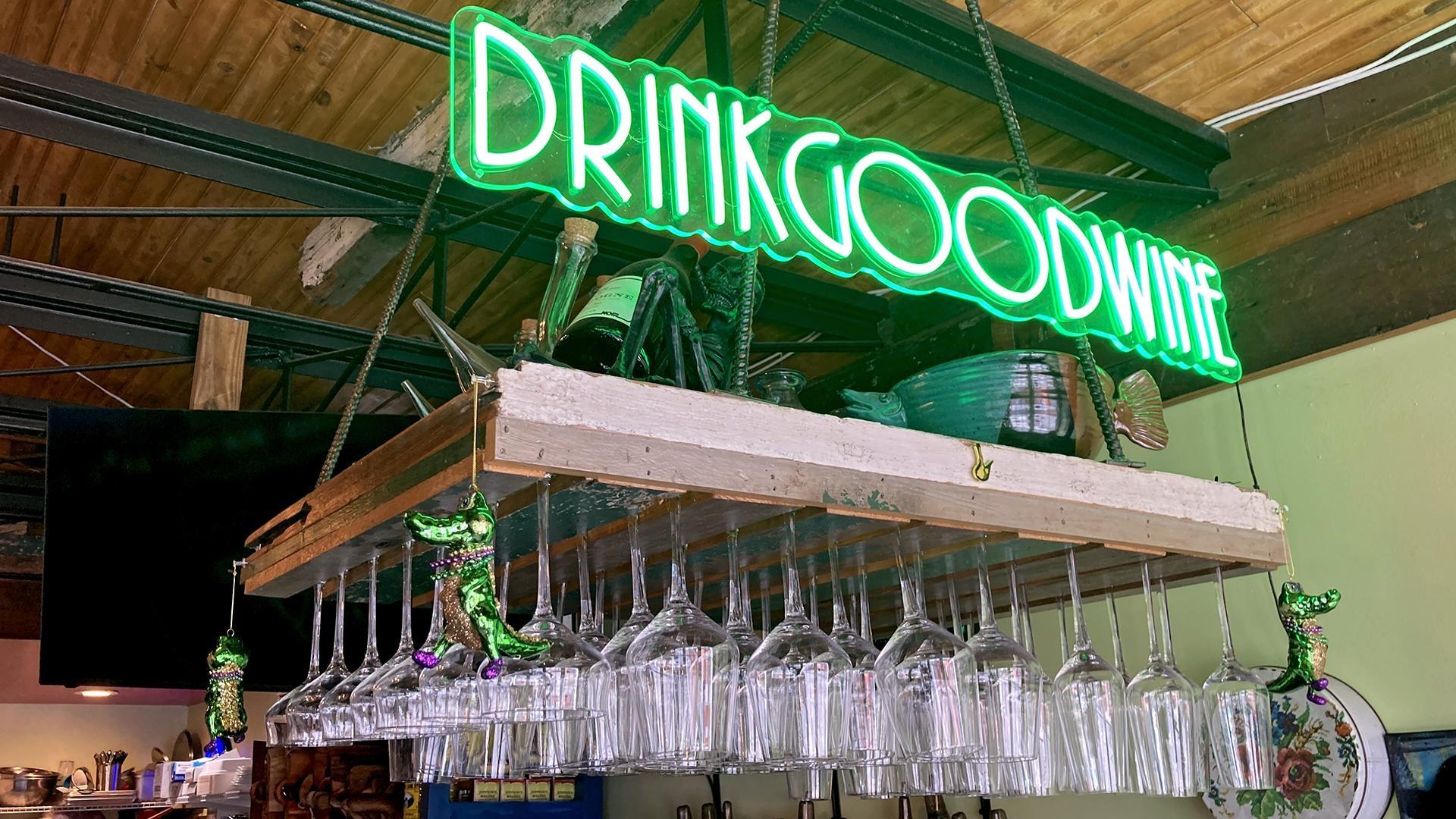The most common way an online scam gets started is by the fraudster convincing someone to freely give access. Doing that often means making a would-be-victim frantic. In other words, cyber scams are less about tech and more about emotions.
“They have perfected their art,” Curtis Dukes, executive vice president of security best practices at the Center for Internet Security, said. “They know exactly which pressure points to apply to get you to react.”
It’s even easier when the target already has a dozen other concerns on their mind, which is what happened with Hanning.
In November, Hanning was busy putting together a fundraiser for a North Carolina winery devastated by Hurricane Helene. She got a Facebook message that appeared to be from Meta’s support team about fraudulent activity on her account. In a knee-jerk moment, Hanning clicked the link.
Soon after, her phone exploded with people asking about strange products — trucks, golf cars, televisions and more. Friends called saying those items were listed as for sale on her account. In reality, those posts were from the fraudster using Hanning’s reach to try and scam others.
Hanning could no longer get into the Facebook and Instagram accounts for The Little House with her password — which was no small loss. For companies like Hanning’s, Facebook is not a place for silly memes. It’s mandatory to keep business going. Posting on those accounts, and to neighborhood pages, helped her attract customers for events like crawfish boils.
“We’re so small, we can’t afford discretionary things like advertising,” Hanning said. “We just don’t have the money for it.”
Hanning reached out to Meta and the accounts were eventually shut down. She lost the 4,000 followers she worked hard to build across the two sites and left Hanning shocked she couldn’t get the help she needed from the social media giant. While Meta has online help centers, Hanning said that didn’t help and she couldn’t find a way to connect with a real person at the company.







